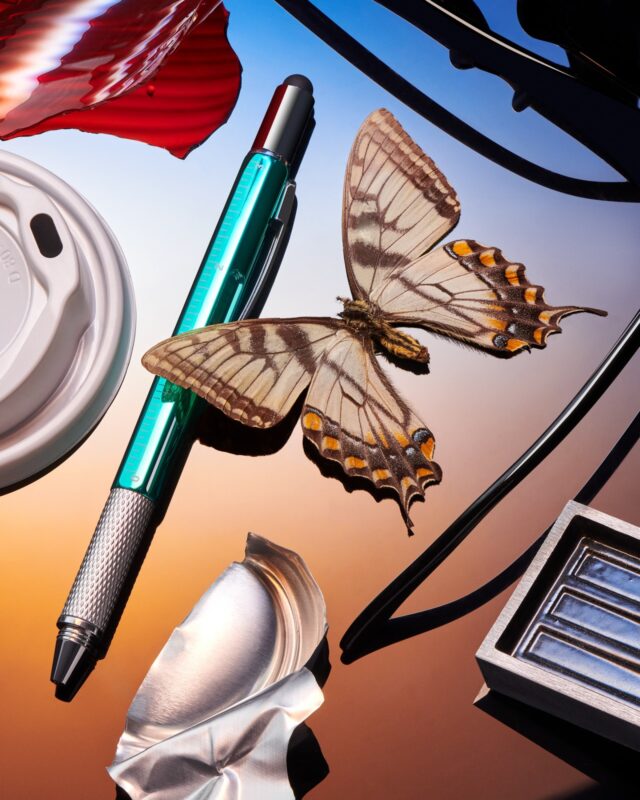Interview Project: Justinas Vilutis

Justinas Vilutis, 2020. Courtesy of the artist.
Justinas Vilutis is a photographer working mainly between France, Switzerland and Lithuania. His current practice is focused on photography, sculpture and research while referencing a wide range of interests, from Honey Boo Boo to psychoanalysis and dialectical materialism. Throughout his work, Justinas Vilutis uses intricate multilayered set designs, saturated and sleek surfaces, liquids and plastics in order to achieve an image of a melting, hyperreal and eroticised terrain. http://justinasvilutis.com
Jonas Balsevičius: What is photography to you?
Justinas Vilutis: Photography or lens-based medium is a part of the sensorial spectrum of art that I am interested in. However, I am not interested in being confined by its current limitations. Similarly to painting, photography relies on technological advancements and exists solely due to them. Therefore, I would like to underline the importance of selection or curation. Whether it is a daguerreotype or a newspaper image, or a google street view screenshot, what truly matters is the selection and positioning within a certain context. The proliferation and ease of access to camera equipment is a great achievement of the past few decades in democratising photography. Anyone has the technology to create a great image. However, not anyone can recognise a great image and, to go further, not everyone can repeatedly create compelling images. To photograph is to capture. The final image is suspended from a certain perspective, in chemical particles, in databases, in vast rivers of electrons. And then, to photograph is to tell a certain narrative, position a viewer in immobilised surroundings. For me personally, photography, like any other art form, is about world-building, a certain Dasein, and nothing else.
JB: What events have shaped your creative path?
JV: I was lucky enough to receive an art education from an early age. I took interest in painting, music, pottery and photography, amongst other things. All of which I am still very fond of nowadays. Almost by chance, after my bachelor’s studies in graphic design, I entered a master’s course in photography. By then, I had already been shooting for more than a decade. However, it was only when I was actually being tasked to study it and shoot nearly daily, that something just clicked – I knew what I wanted to create, and I was starting to grasp how to actually do it. However, I do not wish to be limited to a lens-based medium. Instead, I am interested in other directions and am working on several projects that are to come out in the next couple of years.
JB: Can you define your work in a few words?
JV: I attempt to achieve an image of a melting, hyperreal and eroticised terrain through intricate multilayered set design, saturated and sleek surfaces, liquids and plastics.
JB: Do you think that art and cultural education is important, and if yes, why and what is your personal experience with it?
JV: Art and culture help us to locate ourselves in the world, to better appreciate our surroundings, and take us to terra incognita. Art experience is one of the most crucial experiences. In the last part of Karlheinz Stockhausen’s Himmels-Tür when the gates open and the audience hears the siren cutting through the dark-lit room or the sight of the moon overarching the stage of Ivo van Hove’s Antigone or the soundtrack of Russian orthodox choir while the camera is trailing under frozen ice sky in Werner Herzog’s Encounters at the End of the World, art offers a unique opportunity to feel catharsis. For a moment, nothing else matters.
Interview Project is initiated and conducted by Jonas Balsevičius, a student of art photography at the University of the Arts London, during his voluntary internship at the Lithuanian Culture Institute. In it, Jonas talks to and presents to readers six Lithuanian photographers – Geistė Marija Kinčinaitytė, Vytautas Kumža, Darius Petrulaitis, Norbert Tukaj, Andrej Vasilenko, and Justinas Vilutis.